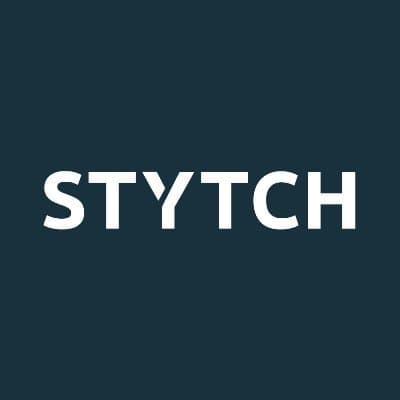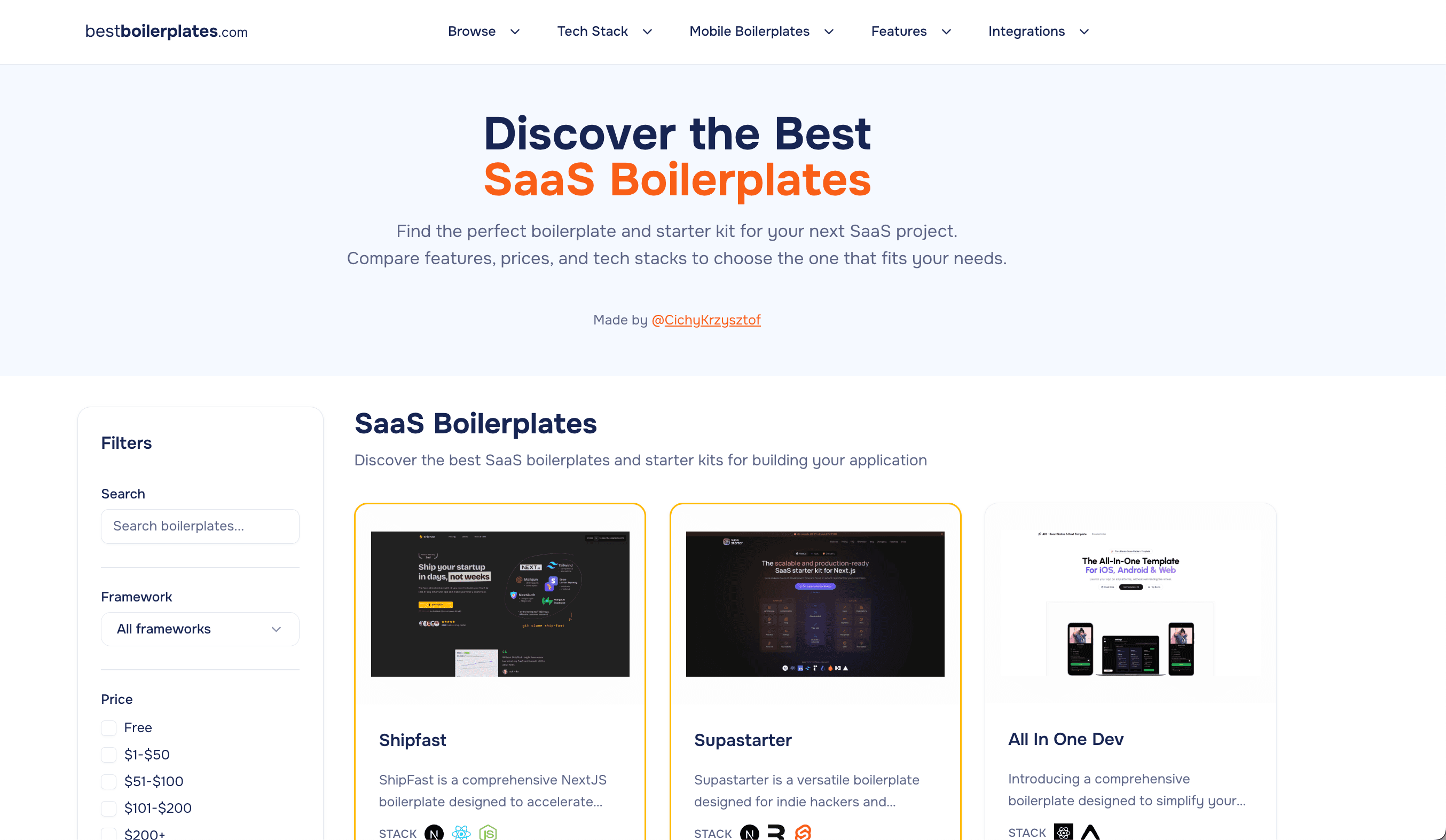Gluu Server vs. Stytch
Gluu Server
Gluu offers various authentication solutions based on open-source software. There is a self-hosted solution, a managed solution, and a free fully open-source solution based on the Linux Foundation Janssen Project.
Stytch
Stytch provides a suite of tools designed to simplify authentication, authorization, and security for web and mobile applications. If you're developing an app and need a way for users to log in—whether with passwords, passkeys, or entirely passwordless methods—Stytch offers APIs and SDKs that handle these complexities. Their focus is on making authentication seamless for both developers and end-users while ensuring high security standards. For businesses, particularly B2B SaaS companies, Stytch enables advanced features like multi-tenancy, role-based access control (RBAC), and single sign-on (SSO). They provide an embeddable admin portal, allowing enterprise customers to manage their own authentication configurations, organizational settings, and integrations with identity providers—without constant developer involvement. Stytch places a strong emphasis on scalability and flexibility. Their tools are designed to “just work” across a range of use cases, from simple consumer apps to co...
Reviews
Reviews
Reviewed on 2/25/2025
They market themselves as the leading Auth0 alternative. There is a free starter plan with up to 25 organizations and 1000 members. Additional users costs $0.05 per monthly active user.
| Item | Votes | Upvote |
|---|---|---|
| No pros yet, would you like to add one? | ||
| Item | Votes | Upvote |
|---|---|---|
| No cons yet, would you like to add one? | ||
| Item | Votes | Upvote |
|---|---|---|
| No pros yet, would you like to add one? | ||
| Item | Votes | Upvote |
|---|---|---|
| No cons yet, would you like to add one? | ||
Frequently Asked Questions
Stytch offers a free starter plan that includes up to 25 organizations and 1000 members, making it an attractive option for small businesses looking for a cost-effective solution. Additional users cost $0.05 per monthly active user. On the other hand, Gluu Server provides various authentication solutions, including a free fully open-source option based on the Linux Foundation Janssen Project. This could be beneficial for small businesses that prefer open-source software and have the technical expertise to manage it. Therefore, the choice between Stytch and Gluu Server depends on whether you prioritize cost-effectiveness with easy scalability (Stytch) or open-source flexibility (Gluu Server).
Gluu Server offers more flexibility as it provides various authentication solutions, including a self-hosted option, a managed solution, and a fully open-source solution based on the Linux Foundation Janssen Project. This allows businesses to choose the best fit for their specific needs and level of technical expertise. Stytch, on the other hand, markets itself as an Auth0 alternative and offers a simpler, more streamlined solution with a free starter plan for up to 25 organizations and 1000 members. While Stytch is easier to get started with, Gluu Server's flexibility with different hosting options and open-source nature provides more customization opportunities.
Gluu Server is a platform that offers various authentication solutions based on open-source software. It includes a self-hosted solution, a managed solution, and a free fully open-source solution based on the Linux Foundation Janssen Project.
Gluu Server offers three types of authentication solutions: a self-hosted solution, a managed solution, and a free fully open-source solution based on the Linux Foundation Janssen Project.
Yes, Gluu Server provides a free fully open-source solution based on the Linux Foundation Janssen Project.
The Linux Foundation Janssen Project is an open-source initiative that Gluu Server uses for its free, fully open-source authentication solution.
As of now, there are no user-generated pros and cons available for Gluu Server.
Stytch is a platform that provides a suite of tools designed to simplify authentication, authorization, and security for web and mobile applications. It offers APIs and SDKs that enable developers to implement various login methods, including passwords, passkeys, and passwordless options, while ensuring high security standards.
Stytch offers advanced features such as multi-tenancy, role-based access control (RBAC), and single sign-on (SSO). It includes an embeddable admin portal for enterprise customers to manage authentication configurations and integrations with identity providers. Stytch emphasizes scalability and flexibility, allowing developers to choose between pre-built UI components or fully customized experiences.
Stytch supports a broad range of programming languages and frameworks, including Python, Node.js, Java, React, and iOS, making it easy to integrate into existing tech stacks.
Stytch includes security features such as real-time bot detection, device-aware multi-factor authentication, and intelligent rate limiting to protect against credential stuffing and account abuse. Their infrastructure ensures reliable delivery of login codes and authentication requests, even during failures of SMS or email providers.
Currently, there are no user-generated pros and cons available for Stytch. However, it is marketed as a leading alternative to Auth0 and offers a free starter plan with up to 25 organizations and 1000 members, with additional users costing $0.05 per monthly active user.




















